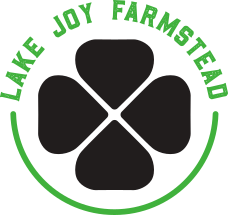Today I am excited to have Darron Marzolf of Falling River Meats, a 4th generation butcher from the Puget Sound. We discuss the history of the butcher business in his family, how things have changed since his family started, and how small farmers can work better with local butchers. We then dive deep into a fun conversation about various cuts of beef and pork that have many different names based on the cut itself, culture and more. You will laugh and I hope learn a lot about why partnering with the right butcher can make a big difference on your farm.
SHOW NOTES
- Tell me the history of the butcher business in your family
- How have things changed since your family started?
- Discuss the difference between WDA and USDA slaughterhouse facilities
- How can the small farmer work better with guys like you?
- Walk us through the classic butcher of a beef and a pig. What are a few differences between US style butchering of these animals and other cultures?
- What are the “butcher cuts” and how have they changed over the years
- When a family buys a share of beef or pork, they are getting cuts that seem to have been forgotten over time, cuts like chuck roast, eye of the round, country style ribs (pork) and so on. Why did that happen and what do you tell people on how to cook them especially for a mid week real-life meal.
- When you cut open a beef or pork, what are you looking for? How do you know that the beef or pork was raised well?
- What would you like to tell us small farmers who are trying to reengage homestead practices? We want to feed our own families and raise some food for others in our community, how can we be different from the big slaughterhouses?
MORE INFORMATION
Custom Butcher: www.marzolfmeats.com
Visit the Falling River Meats butcher shop in North Bend at 108 W North Bend Way,
North Bend, WA 98045 or at www.fallingrivermeats.com.





No Comments yet!